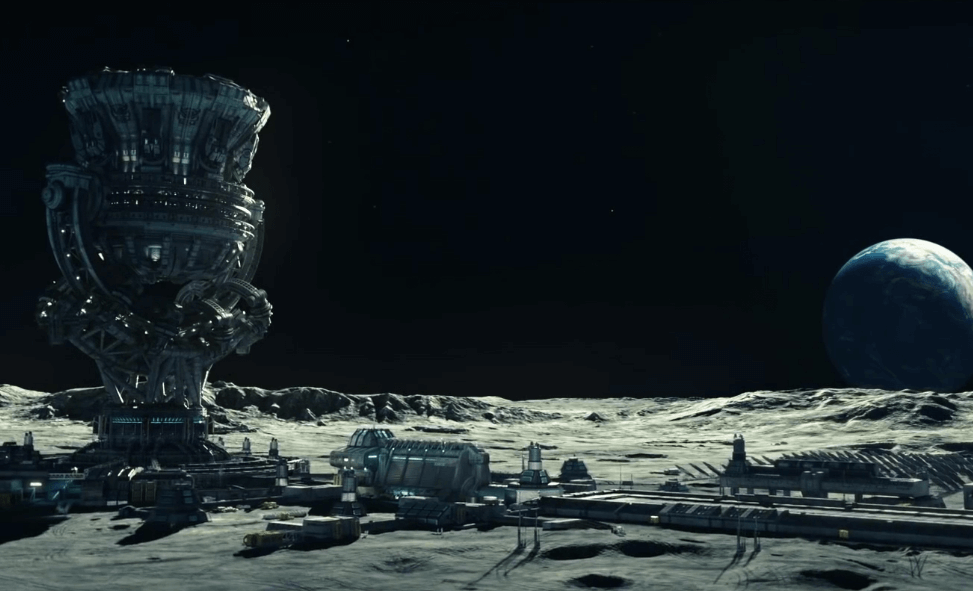Most people would probably say yes, it’s quite possible there will be humans residing on the moon within the next ten years, and it will be relatively inexpensive too. Much of this is down to 3D printing, robots, and SpaceX. Whatever the reason, it’s a cool concept and one that deserves exploring. Out of a workshop help in 2014, came nine papers that have been prepared specifically for the task of setting up an alternative environment on the moon. Although all nine papers differ in detail, essentially they are all working towards that same goal.
But, it’s not the first time people have talked about setting up a base on the moon, and so far nothing, so what’s changed? Chris McKay, NASA astrobiologist, says, “The reason all the previous plans for going back to the moon have failed is that they’re just way too expensive. The space program is living in a delusion of unlimited budgets, which traces back to Apollo.” This was a project that cost $150 billion by today’s standards. Today, however, estimates from the papers suggest that we could have a base in place on the moon by 2022 and for less than $10 billion.
As it stands, NASA has no intentions of returning to the moon and instead is looking at Mars as the next place of colonization. But people such as McKay and others feel that we need to conquer the moon first before trying to take on the likes of Mars. This would allow astronauts the chance to test new equipment and habitats just a few days away on the moon rather than nine months away on Mars. “My interest is not the moon. To me, the moon is as dull as a ball of concrete. But we’re not going to have a research base on Mars until we can learn how to do it on the moon first. The moon provides a blueprint to Mars.”
Others besides NASA that are also looking to get a base set up on the moon include China, Russia, and the European Space Agency. So even if NASA didn’t want to fund the mission alone, it would soon be able to partner with another source. Private investors also want to go back to the moon, even if just as a stepping stone to Mars. But, how do we even go about building a lunar base there? Well, that will vary depending on who you ask, but many proposals will include some form of robotic exploration to find the perfect site for the living. Next, lunar excavation machines would set to work leveling the area while more robots would start to set up a solar power network.
It would take a while for the majority of people to start living on the moon, and at first, only a small crew would stay for a few days at a time. The missions would be increased each time until eventually there was a permanent base established, suitable for humans to reside on. It really shouldn’t be that difficult either, as we already know how to survive on the moon. Now it’s a case of using the technology around us to drive down the cost of a moon base. Using VR technology could help with the planning of the mission and 3D printing could be used to replace any small components that happen to break on the spacecraft.
Some of the proposals were relying on technologies that aren’t even in existence yet, but not completely out of this world. One idea involved SpaceX’s Falcon 9 rocket transporting small payloads or the Falcon Heavy taking large payloads to the moon, while another was to allow rockets to refuel in orbit. The moon lodgings are likely to be designed and manufactured by Bigelow Aerospace who have come up with a dwelling that is flexible and can be folded up to fit inside the cargo bay of a rocket, then simply expand on the lunar surface, similar to that of a pop-up tent. Test versions of the moon lodgings will be trialed at the International Space Station later this year.
The whole project doesn’t come cheap, and it’s estimated that the cost of building a lunar base on the moon will be around $10 billion, with annual upkeep costs of around $2 billion per year. But, NASA can afford it – especially if they team up with some private investors. One study last year showed that the project could even pay for itself after one year if large water deposits are found on the moon. And, what’s more, is all of this could be up and running in less than ten years. How exciting!
More News To Read
- Protect Yourself on Facebook By Following These Handy Tips
- Does Our Appendix Really Hold Any Purpose? Scientists Have Discovered It’s Really Important
- A Brand New Challenge Comes to Us in the form of Asteroid Mining
- Got Your New MacBook Pro? But where do you start?
- Health Officials Praise the Integration of Big Data into the Geisinger Health System











